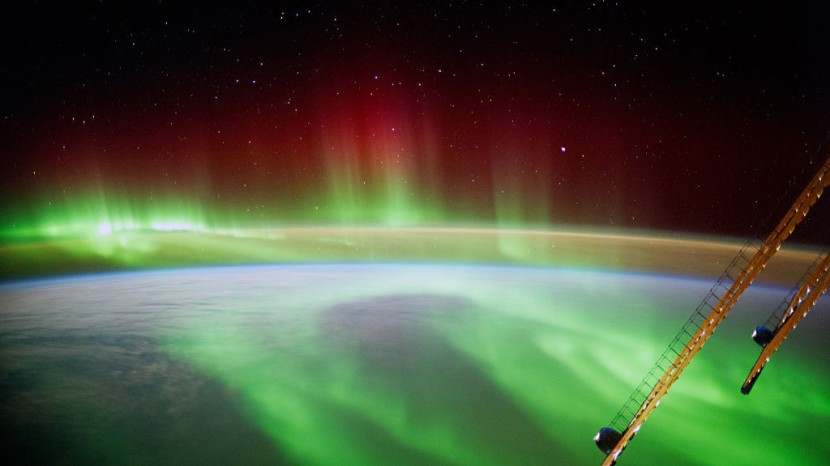
Scientists have sent their experiments to the International Space Station in order to be conducted on low earth orbit (LEO) by astronauts staying there for at least six months at a time. However, astronaut labor is not cheap, as crew time costs $130,000 per hour and companies are capped at 25 hours per year.
In this regard, Frontier Space Technologies proposed a constellation of small, autonomous laboratories - called SpaceLab - that could each host multiple experiments in microgravity at once without relying on human labor.
Frontier Space is an offshoot of a project out of Cranfield University in the UK, and is one of the participants of the Startup Battlefield 200 cohort at TechCrunch Disrupt 2023. The firm emerged out of a series of successful student projects, including that of the company's co-founder and CEO Aqeel Shamsul, who is a PhD candidate.
According to TechCrunch, the founder team behind Frontier Space realized that the technology they have developed might have real commercial traction in 2021, when they were selected to fly a prototype of the lab in an atmospheric balloon as part of the REXUS/BEXUS program, which was supported by the German Aerospace Center and the Swedish National Space Agency.
According to Frontier co-founder and CTO Mateusz Zalasiewicz, they have been interested in commercializing their tech upon the success of their proof of concept.
"We got to speaking from there and decided we can give this a go," he added.
How Does SpaceLab Work?
SpaceLab is a small, three-unit (3U) CubeSat composed of two experimental payloads and an interfacing bus. Frontier said one of their unique selling points was something they called a "Multi-Chamber Sample Disc," which is essentially a compact disc that could hold multiple samples at once while keeping them isolated from each other, which helps SpaceLab to independently manipulate each sample and essentially conduct multiple experiments simultaneously.
The disc rotates and aligns each sample chamber with a suite of different sensors, depending on what the experiment calls for: fluorescence microscopes, which can be useful for biopharma applications; visible light spectrometry, to understand the chemical makeup of samples; a suite of environmental sensors, like accelerometers; and many others to ensure the laboratory environment has high fidelity for customers.
If operations run on schedule Forbes would be aiming to launch its first on-orbit demonstrations in Q4 2024, with its first payloads being developed in part through two grants by the UK Space Agency's International Bilateral Fund. The company is also hoping to launch multiple SpaceLab variants, with one of those missions focusing on protein crystallization and the other on live cell cultures. This latter mission is especially important as it will demonstrate that SpaceLab can fly live samples (and keep them alive upon their return to Earth).
So far, the company has already raised $270,000 in grants, and have secured a contract with a first commercial customer. The firm continues to raise their funds to fly their hardware to space in its first demo mission.








